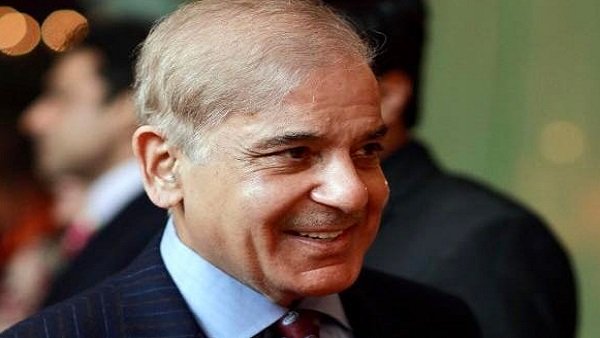Islamabad: Pakistan Prime Minister Shehbaz Sharif Thursday lamented that the cash-strapped country was “economically enslaved” by the International Monetary Fund (IMF) even after 75 years of independence.
Political instability in Pakistan, depleting foreign reserves, delay in the IMF’s loan disbursement, and rupee devaluation have had a hard-hitting impact on the economy of the cash-strapped country which has sought financial assistance on an emergency basis from the global lender.
“What have we done since our independence in the last 75 years when we are economically enslaved by the IMF?” the prime minister questioned during his visit to a flood-affected area in Peshawar city of Khyber Pakhtunkhwa province.
Sharif said the coalition government was taking challenging decisions to steer the country out of the economic crisis as they face uphill tasks on several fronts, Geo News reported.
Pakistan reached a staff-level agreement with the IMF last month followed by months of deeply unpopular belt-tightening by the government, which took power in April and has effectively eliminated fuel and power subsidies and introduced new measures to broaden the tax base.
The new government has slashed a raft of subsidies to meet the demands of global financial institutions but risks the wrath of an electorate already struggling under the weight of double-digit inflation.
Pakistan had hoped for a quick revival of the bailout, but the IMF has so far not released the much-needed installment.
IMF’s Resident Representative for Pakistan Esther Perez Ruiz, following the staff-level agreement, earlier this week said the country had completed the last precondition — increasing the petroleum development levy (PDL) — for the combined seventh and eighth reviews.
An original USD 6 billion bailout package was signed by former prime minister Imran Khan in 2019 but repeatedly stalled when his government reneged on subsidy agreements and failed to significantly improve tax collection.
Pakistan desperately needs the IMF loan. Earlier in July, the fund said it would raise the value of the bailout from USD 6 billion to USD 7 billion if approved by its executive board, usually considered a formality.
Sharif has repeatedly blamed the former prime minister’s government, alleging that Khan – a former cricket star turned Islamist politician – had deliberately violated IMF’s conditions in order to remain popular among followers at home.
Since Khan’s ouster, Pakistan’s currency has plummeted to an all-time low amid uncertainty about IMF assistance. The rupee slid to a record low of about 240 against the dollar last weekend. Previously, the dollar sold for 225 rupees.
The steady decline in this Islamic nation’s currency has spread panic among its business community. Rising food prices and inflation has made Sharif’s government, now in its fourth month in office, highly unpopular.
PTI
